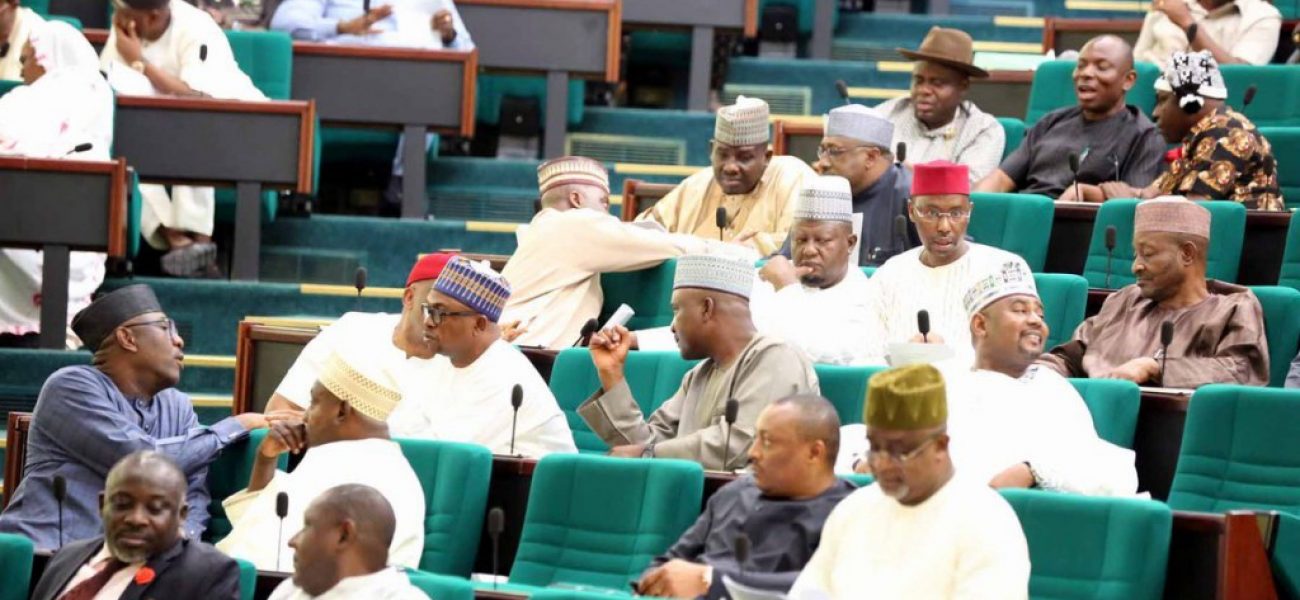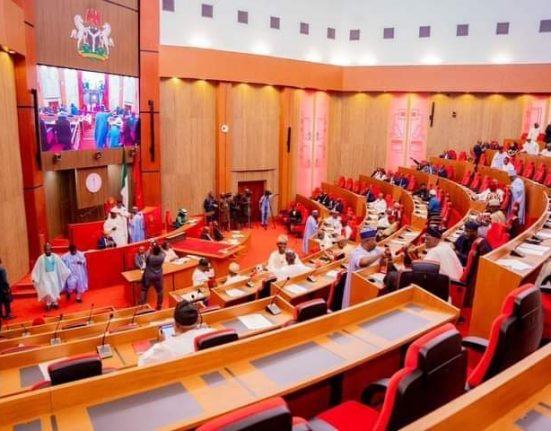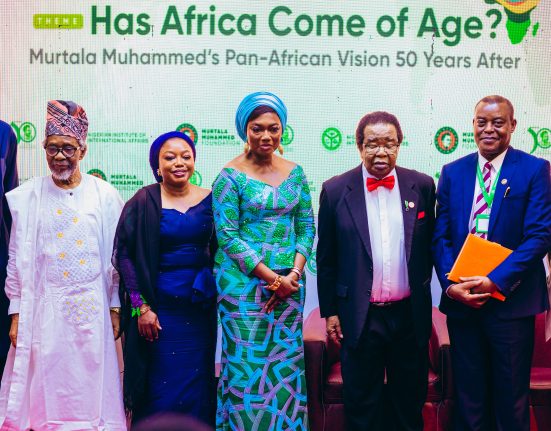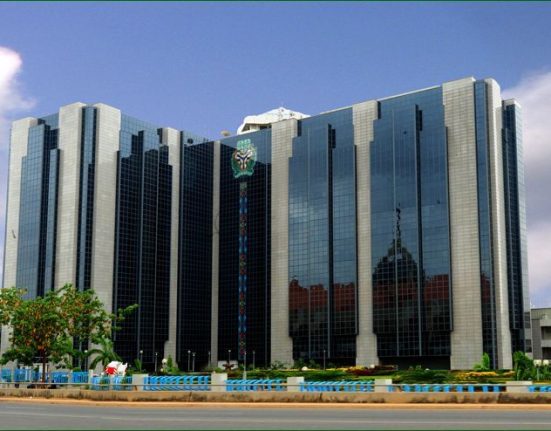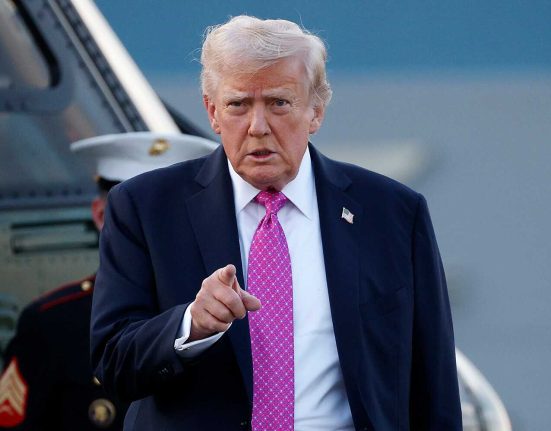The House of Representatives on Wednesday approved President Bola Tinubu’s request to borrow $347 million under the revised 2025–2026 borrowing plan to fund critical infrastructure projects, including the Lagos-Calabar Coastal Highway and a nationwide rural telecommunications initiative.
The President’s letter, read by Speaker Tajudeen Abbas during plenary, explained that the adjustment was necessary to accommodate an increase in the financing requirement for the Lagos-Calabar Coastal Highway, from $700 million to $747 million, as well as provide $300 million for the Nigerian Universal Communications Access Project, aimed at expanding telecom reach to remote and underserved communities.
According to Tinubu, the original financing plan fell short by $47 million due to updated project costs. He noted that the additional funds are being secured through export credit agencies to align with international financial agreements tied to the coastal highway.
The Lagos-Calabar Coastal Highway, which has sparked both enthusiasm and controversy, is a flagship infrastructure project designed to connect the southwestern and southeastern corridors, boosting trade, tourism, and regional integration.
Meanwhile, the Universal Communications Access Project is part of the administration’s digital inclusion agenda. It targets the deployment of 7,000 telecommunications towers to expand network coverage to millions in remote regions.
The loan approval marks a marginal increase in Nigeria’s total external borrowing request for the 2025–2026 period, from $21.54 billion to approximately $21.89 billion. It also reflects Tinubu’s broader push to unlock long-term growth through infrastructure, despite concerns about Nigeria’s debt sustainability.
Chairman of the House Committee on Aids, Loans and Debt Management, Abubakar Nalaraba (APC, Nasarawa), who presented the report for adoption, defended the move, stating that Nigeria’s debt remains within sustainable limits.
“At over N145 trillion, our debt-to-GDP ratio stands at about 50 per cent, still under the international benchmark of 56 per cent,” Nalaraba said. “More importantly, the administration has reduced our debt service-to-revenue ratio from over 90 per cent to below 70 per cent.”
He added that anticipated tax reforms under the Nigerian Tax Act 2025 are projected to boost revenue by over 18 percent annually, beginning in 2026, thereby improving the government’s ability to service the new debt.
Deputy Speaker Benjamin Kalu presided over the session following Speaker Abbas’ departure and approved the loan request without dissent.


